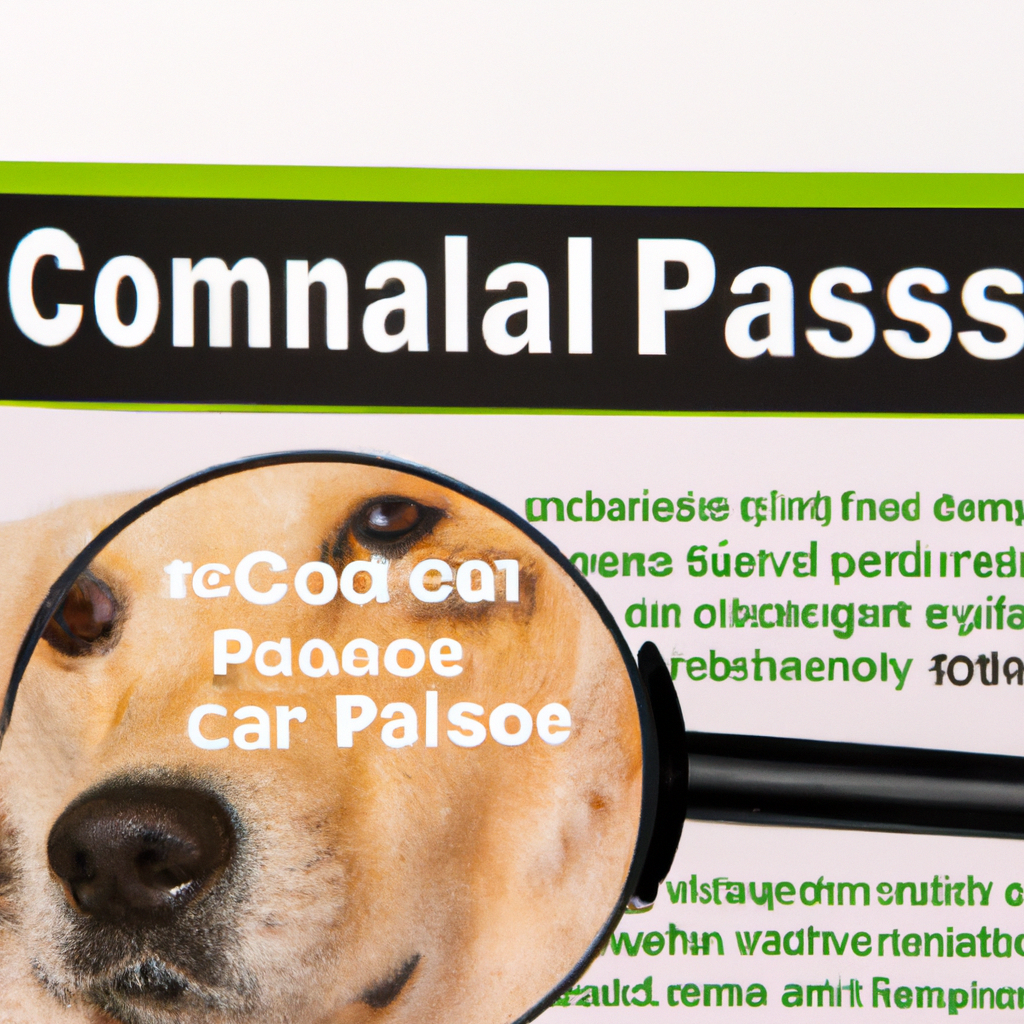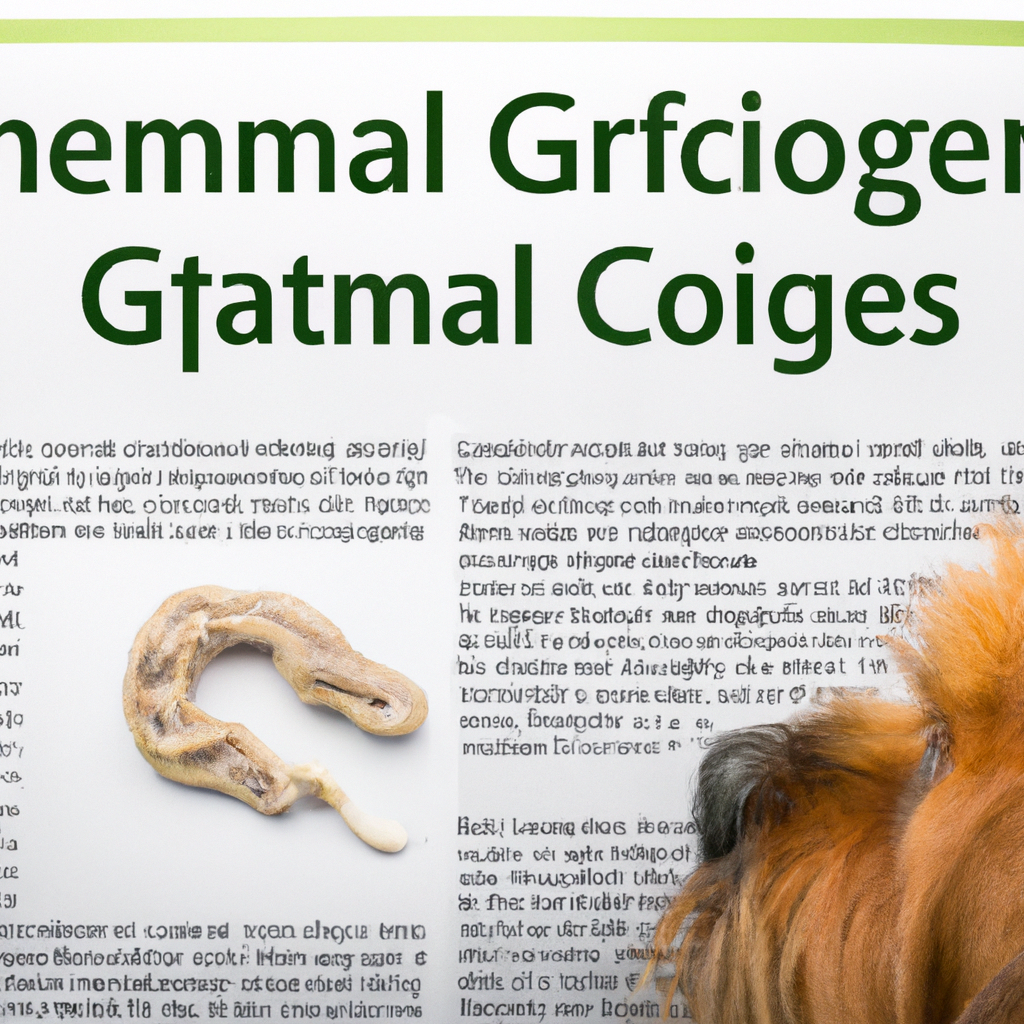Recognizing and Managing Common Parasites in Dogs
Recognizing and Managing Common Parasites in Dogs Introduction Parasites are a common concern when it comes to the health

Recognizing and Managing Common Parasites in Dogs

Introduction
Parasites are a common concern when it comes to the health of our furry friends. Dogs, being curious creatures, can easily pick up various parasites when playing outside or interacting with other animals. Understanding the common parasites in dogs and learning how to manage them is crucial to maintaining the well-being of our beloved pets.
Fleas

Fleas are one of the most prevalent parasites in dogs. They are small, wingless insects that feed on the blood of dogs, causing itchiness, discomfort, and potential skin infections. Regularly checking your dog’s fur for fleas and using flea preventatives can help keep these pests at bay.
Ticks

Ticks are external parasites that latch onto the skin of dogs to feed on their blood. They can transmit serious diseases such as Lyme disease, so it’s essential to promptly remove any ticks found on your dog. Use specialized tick removal tools and consult your veterinarian if you’re unsure about proper removal techniques.
Heartworms

Heartworms are internal parasites that reside in the heart and blood vessels of dogs. Transmitted through mosquito bites, heartworms can lead to severe health issues, including heart failure and lung disease. Administering preventive medications prescribed by your vet is crucial in protecting your dog from this potentially fatal parasite.
Intestinal Parasites

Intestinal parasites, such as roundworms, hookworms, and tapeworms, can cause digestive problems and even malnutrition in dogs. Regular deworming, especially for puppies, and maintaining good hygiene practices are essential to prevent and manage these common parasites. Keep your dog’s living area clean and dispose of feces properly.
Conclusion
Recognizing and managing common parasites in dogs is vital for their health and well-being. Regular veterinary check-ups, using preventive medications, and practicing good hygiene around your dog are key steps in keeping parasites at bay. By staying proactive and knowledgeable, we can ensure our canine companions lead healthy and parasite-free lives.






